
2025-26 Abstract (with Faculty Fellow Lenore Grenoble) - Linguistic Futures: Centering Language Shift and Revitalization in Sociolinguistic Theory
Recent decades of political activism aiming to revitalize endangered languages have created linguistic change, and a new linguistic future. The loss of languages used to be expected, even welcomed in the name of modernity or a myopic definition of “progress.” It is now clear that, far from assuring better communication, the diminishing number of languages is a result and sign of neglect, devaluation and discrimination against their speakers who are often coerced into shifting. Half of the roughly 6500 languages spoken today are "endangered." Colonization, migration, war and other changes in power relations lead to language shift, as do the centralization projects of states. The last half century has seen vibrant, organized efforts by speakers and their allies to reverse language shifts. These developments challenge mainstream (socio)linguistic theory, which has long sidelined shifting languages as mere “deficit,” decay, and irregularity. Our goal is to mobilize this new evidence, paired with new methods, to put shifting languages at the center of (socio)linguistic theory and thereby rethink core theoretical questions, specifically: the nature of language community and its (non)boundedness; grammatical complexity in language change; regularity in social meaning; the category of “native speaker.” We aim to develop these issues in a collaborative project of twenty scholars who study shifting languages and their contexts. They and their field-sites are chosen from around the world for contrast and comparison. In two workshops over two years, with papers submitted in advance and revised in between, we aim for a volume of linked, theoretically integrative essays.
Bio:
Susan Gal is Mae and Sidney G. Metzl Distinguished Service Professor at the University of Chicago in the Departments of Anthropology and Linguistics. Her latest book, (with Judith T. Irvine), Signs of Difference: Language and Ideology in Social Life, discusses the social meanings and semiotics of linguistic variation; it won the 2021 Sapir Prize of the Society for Linguistic Anthropology. Gal is a member of the American Academy of Arts and Sciences, the recipient of Guggenheim, ACLS and SSRC Fellowships. She is the author of Language Shift, and has written about the political economy of minority languages in Austria and Hungary, language revitalization, language ideologies, and standardization. Her other themes include the politics of gendered language and translation. She is currently working on the effects of far-right discourses on language and ethnic change in Eastern Europe.
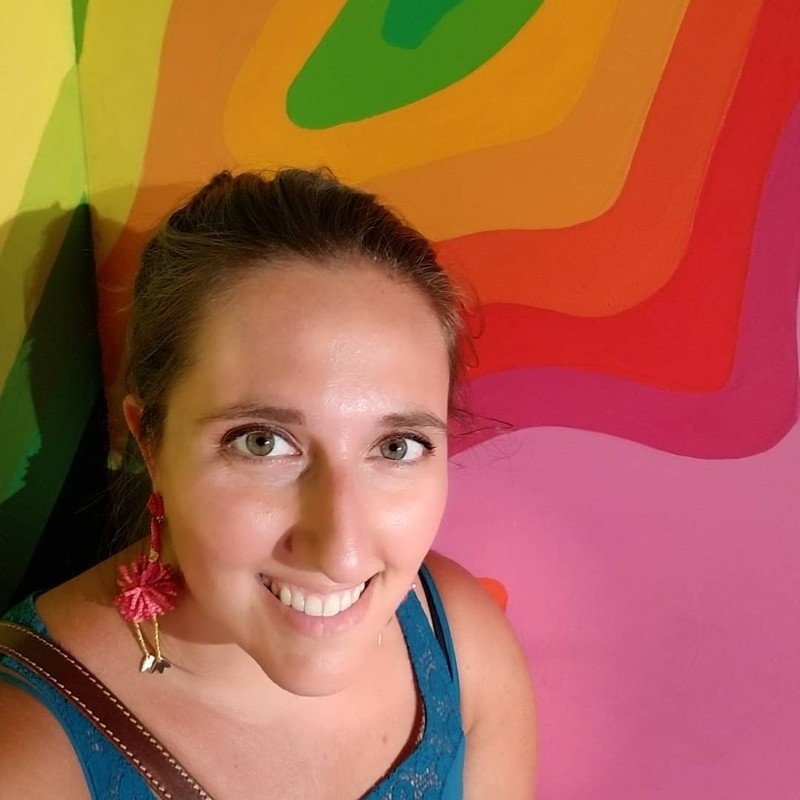
Biography:
Johanna Pacyga received her PhD in Historical Archaeology from the Department of Anthropology in 2022. She is a historical archaeologist whose research interests combine archaeological, archival, art historical, and botanical research. She examines the intersections between gender, race, religion, and ethnicity in the Atlantic world between the 18th to 20th centuires.
Project Title: Cultivating Catholicism: Gender, Practice, and the ‘Civilizing Mission’ in Colonial Senegal
This project is an historical archaeology that examines the role of women within the missionary apparatus in nineteenth century French West Africa, as well as the social and political relationships between Catholic missionization and French colonialism as they were experienced in everyday life. In the mid-nineteenth century, Catholic missionization in West Africa underwent a radical paradigm shift. Rather than focusing solely on the conversion of Africans by European (largely male) missionaries, a new focus on the cultivation of African religious vocations was introduced by Mother Anne-Marie Javouhey—a maverick of the modern missionary movement in the French empire. While most studies of nineteenth-century missionization focus on the process of conversion, this dissertation brings to the fore the cultivation and practice of religious vocations in Senegambia by focusing on the development of the first indigenous African female order of nuns and their establishment in Ngasobil (Senegal). In doing so, Pacyga illuminates the pivotal role that African women played in colonial missionization, the establishment of a self-reproducing Senegalese-Catholic community, and even the so-called colonial ‘civilizing mission.’

Biography:
Lisa Wedeen is the Mary R. Morton Distinguished Service Professor in the Department of Political Science and the College and Director of the Chicago Center for Contemporary Theory at the University of Chicago. She is also Associate Faculty in Anthropology. Her publications include three books: Ambiguities of Domination: Politics, Rhetoric, and Symbols in Contemporary Syria (1999; with a new preface, 2015); Peripheral Visions: Publics, Power, and Performance in Yemen (2008); and Authoritarian Apprehensions: Ideology, Judgment, and Mourning in Syria (2019). Among her articles are the following: “Conceptualizing ‘Culture’: Possibilities for Political Science” (2002); “Concepts and Commitments in the Study of Democracy” (2004); “Ethnography as an Interpretive Enterprise” (2009); “Reflections on Ethnographic Work in Political Science” (2010); “Ideology and Humor in Dark Times: Notes from Syria” (2013); and “Scientific Knowledge, Liberalism, and Empire: American Political Science in the Modern Middle East” (2016). She is the recipient of the David Collier Mid-Career Achievement Award and an NSF fellowship. For Authoritarian Apprehensions, she received the American Political Science Association’s Charles Taylor Book Award (2020), sponsored by the Interpretative Methodologies and Methods group; the APSA’s inaugural Middle East and North Africa Politics Section’s best book award (2020); the IPSA award for Concept Analysis in Political Science (2021); and the Gordon J. Laing Award (2022), given annually for the book that brings the most distinction to the University of Chicago Press. She has completed an edited volume with Joseph Masco entitled Conspiracy/Theory (forthcoming Duke University Press, 2024); she is in the process of coediting an Oxford University Handbook, with Prathama Banerjee, Dipesh Chakrabarty, and Sanjay Seth, tentatively entitled Reimagining Cosmopolitanism (Oxford University Press); and, with Aarjen Glas and Jessica Soedirgo, the interpretive methods part of an Oxford University Handbook on Methodological Pluralism in Political Science (edited by Janet Box-Steffensmeier et al.). Wedeen is also beginning work on a monograph on violence and temporality.
Project Title: Translating Authoritarian Apprehensions
The resurgence of authoritarianism, both globally and within established democracies, signals a significant shift in the political landscape, challenging previous assumptions about the triumph of liberal democracy. The defeat of the Arab uprisings, the rise of populist nationalism in the United States and Europe, and the consolidation of autocratic regimes in Russia, Turkey, and beyond reflect a broader trend of political retrenchment. This project examines the dynamics of global authoritarianism, exploring the ways in which citizens, not just autocrats, are drawn to authoritarian systems. It takes a comparative approach, analyzing cases such as Trump’s political base, Putin's enduring popularity, Erdogan's rise in Turkey, and the entrenchment of autocratic rule in the Middle East and beyond. By integrating both quantitative and qualitative methods—ranging from ethnographic fieldwork to large-scale surveys—the study probes the socio-political and affective dimensions of authoritarianism, including emotional appeals like fear, resentment, and solidarity that sustain such regimes. The project emphasizes the role of affect in shaping political loyalties, moving beyond purely interest-based calculations of support. The aim is to produce a theoretically robust and empirically grounded account of authoritarianism, attending to its local and national variations, the design of coercive apparatuses, and the social and cultural forces that sustain it. Drawing on interdisciplinary scholarship, this research seeks to enrich our understanding of the appeal of authoritarian rule, exploring how ordinary citizens in different contexts come to support regimes that curtail civil rights, dismantle democratic institutions, and prioritize the consolidation of power.
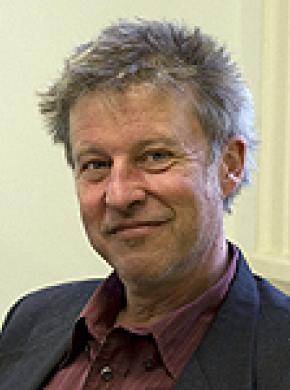
Biography:
Stephan Palmié is a Norman & Edna Freehling Professor of Anthropology and of Social Sciences in the College. He conducts ethnographic and historical research on Afro-Caribbean cultures, with an emphasis on Afro-Cuban religious formations and their relations to the history and cultures of a wider Atlantic world. His other interests include practices of historical representation and knowledge production, systems of slavery and unfree labor, constructions of race and ethnicity, conceptions of embodiment and moral personhood, science and technology studies, and the anthropology of food and cuisine. He earned his D.Phil from the University of Munich in 1989 and Habilitation from the University of Munich in 1999. His research interests include: sociocultural anthropology, Afro-Caribbean religions, forms of historical consciousness, constructions of race and ethnicity, embodiment and personhood, food and cuisine, science and rationality, and Cuba.
Project Title: The Cooking of History: How not to Study Afro-Cuban Religion
This project explores the evolution and global dissemination of Afro-Cuban religious practices, particularly those subsumed under the label of "Santería," which has been described as Cuba's "unacknowledged national religion." Since the religious liberalization of Cuba in 1991, Afro-Cuban traditions have become increasingly visible, integrating into the fabric of Cuban socialism while also gaining recognition as a global religious formation. Central to this formation are the worship of oricha, orixás, and orishas, deities that have been worshipped across various diasporic communities in the Americas and West Africa, particularly among the Yoruba of Nigeria. The paper examines how the spread of these practices, facilitated by the Cuban diaspora, has given rise to contested notions of cultural "authenticity" and the fluidity of religious traditions as they traverse time and space. Drawing on sociologist Alejandro Frigerio's concept of "secondary diasporas," it highlights the dynamic and often contentious ways in which Afro-Cuban religious practices are reinterpreted and re-legitimized in new contexts, particularly in the United States. The abstract also critiques the idea of a linear trajectory from Africa to the Americas, arguing instead that the construction of "African" identity and religious forms in the diaspora is more dialogical and dynamic than traditionally assumed. The paper ultimately challenges the notion that "African origins" can be easily isolated, emphasizing the role of reflexive self-classification in the formation and transformation of Afro-Cuban and broader African diasporic religious identities.
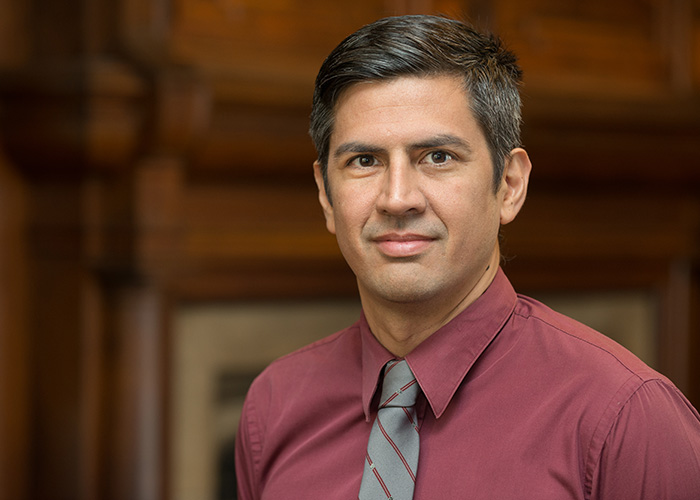
Biography:
Constantine V. Nakassis is a Professor in the Departmnet of Anthropology and of the Social Sciences in the College Resource Faculty, Cinema & Media Studies. He holds several other positions as well, as Faculty Associate, CHD, Core Faculty in CIR, Faculty in Digital Studies and Department Chair.
Prof. Nakassis is a linguistic anthropologist with research interests in language in culture; semiotics; film theory; mass media; brands and counterfeits; and youth culture. His regional focus is Tamil Nadu, India and organizes the annual Chicago Tamil Forum workshop. Prof. Nakassis received his PhD from the University of Pennsylvania in 2010.
Project Title: Perspective : vision, discours, idéologie
Perspective : vision, discours, idéologie is an edited volume that emerges out of a series of conferences and collaborations from 2017 to the present between colleagues at the University of Chicago and Paris, aimed at bridging divides between North American linguistic anthropology and French sociolinguistics. While outcomes from these collaborations have emerged in piecemeal ways, no organized single volume summarizing this dialogue has been published by this group. Further, all such published work has been in English. This volume will address both lacuna, bringing together a set of papers from the most recent workshop in French.
The project featured a year-long series of monthly reading seminars where Nakassis’s team discussed nine works-in-progress by the group’s participants. These lectures and papers ranged over a number of different approaches and topics, from the phenomenology of perspective and space in Omani interaction (Kamala Russell), the ethnographic ethics of perspective in documentary film making among Roma people in Bulgaria (Cécile Canut) and in the study of Tibetan ritual (Urmila Nair), and perspective shifts and genre in Trinidadian literature (Bertrand Masquelier) to the politics of perspective in Vietnamese revolutionary praxis in the creation of a “proletariat” (Jack Sidnell), in US legal defenses of police murders (where audio-visual texts are commissioned to provide demonstrative evidence of the charged officer’s point of view; Constantine Nakassis), in erasure of perspective as a mode of power and authorization (Susan Gal), and in the naturalization of language endangerment in the colonization of Ireland (James Costa). What emerged was a rich, interwoven tapestry of semiotic approaches to perspective that highlighted perspective as the effect of semiotic processes ranging over and integrated across multiple modalities and scales: from visual perception and voicing shifts in interactional events to habits and ways of speaking and perceiving (including but not limited to seeing) sedimented over months, years, decades, and centuries.

Biography:
Ryan Jobson is a Neubauer Family Assistant Professor of Anthropology. He is also a social scientist and Caribbean cultural critic trained in anthropology and African American Studies. His research and teaching engage issues of energy and extractive resource development, technology and infrastructure, states and sovereignty, and histories of racial capitalism in the colonial and postcolonial Americas. Broadly, his research examines the relationship between modern energy regimes (i.e. plantation slavery, carbon-based fuels) and the modern political ideal of sovereignty.
Book Title: The Petro-State Masquerade: Power and Sovereignty in Trinidad and Tobago
The Petro-state Masquerade theorizes how postcolonial political futures in the Caribbean nation-state of Trinidad and Tobago come to be staked to the market futures of crude oil, natural gas, and their petrochemical derivatives. As an ethnography of energy, labor insurgency, and statecraft, this book manuscript examines how the tenuous relationship between oil and political power—enshrined in the hyphenated form of the petro- state—is articulated by postcolonial state officials as a “masquerade of permanence” sustained by speculative fossil fuel ventures. When, today, low oil and gas prices, diminishing reserves, and renewable technologies threaten the viability of the Trinbagonian energy sector, state officials stage masquerades that depict fossil fuels as inexhaustible resources waiting to be unearthed by multinational capital and novel extractive technologies. Meanwhile, working class Trinbagonians play masquerades of their own—in the form of strikes, protests, and the Carnival Road march—to stage direct democratic alternatives to the fossil economy.
In sum, this book applies this Carnivalesque register to sovereignty as a practice in which the provisional authority of state agents masquerades as total and absolute. In political science and international relations, the Caribbean is often derided as a geography of weak or quasi-states characterized by political violence and infrastructural breakdown. By studying the state from the perspective of quintessentially small places—sensu Jamaica Kincaid—where state authority cannot be taken for granted, this book intervenes conceptually and methodologically in the anthropology of the state. While ethnographic approaches have inquired into the inner working of state bureaucracies through empirical studies of public servants and petty officials, the Petro-State Masquerade instead examines the distance between narratives crafted by state actors and the vexed realities of failed extractive and petrochemical infrastructures. Where anthropological studies of petroleum-exporting states have focused on oil boom periods and the spectacle of state windfalls, this study draws on fieldwork conducted during a period of low energy prices in which the permanence of oil is imperiled by declining domestic production and the existential threat of climate change.
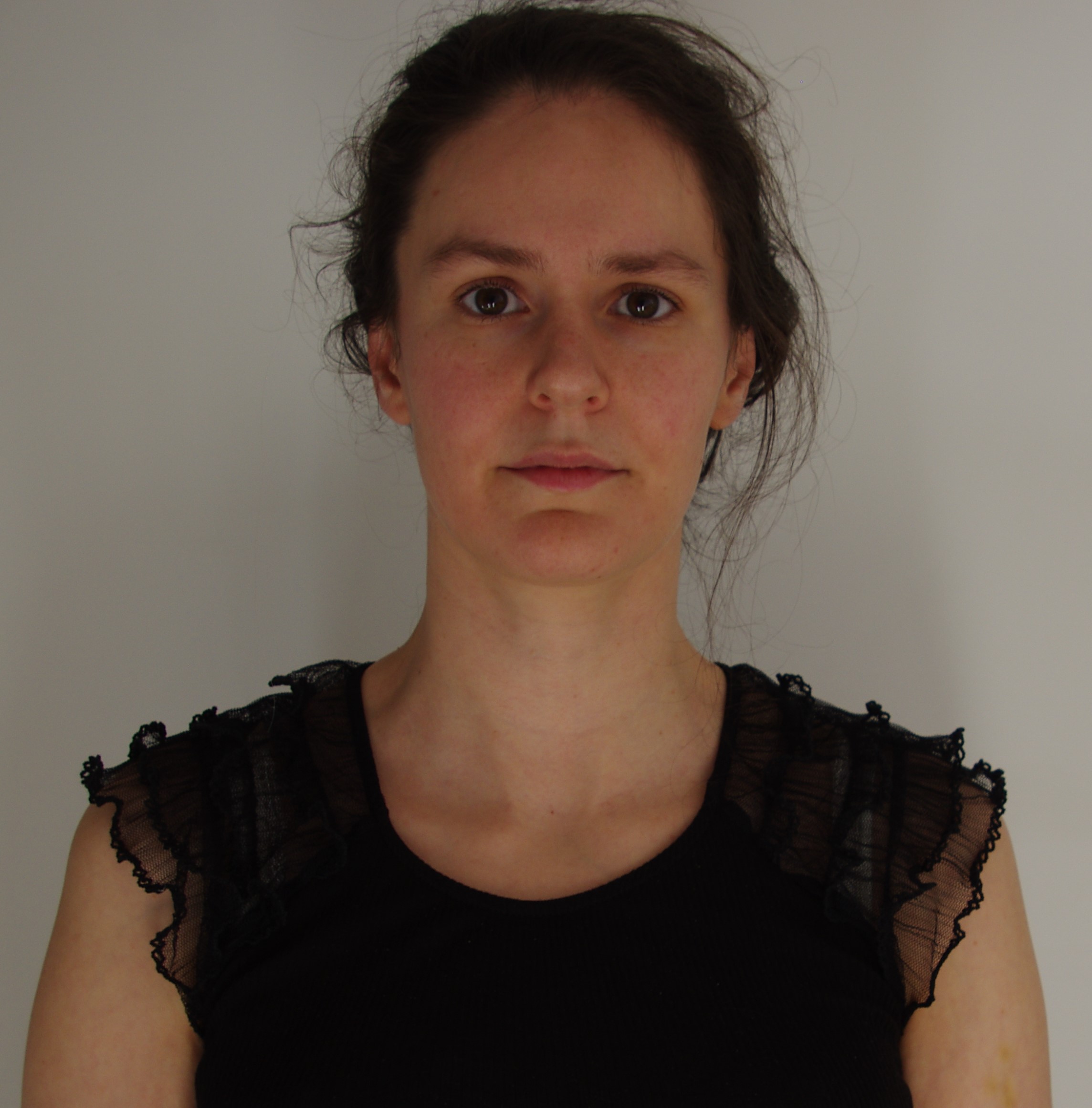
Biography:
Alice Diaz Chauvigné is a third year student in the Anthropology department. She is a zooarchaeologist, trained at the Museum national d’Histoire naturelle (Paris), and focuses on transitions between pre-Columbian and Early colonial periods in Northern South America. She lives in Santa Marta (Colambia) and learns filming and editing in her free time.
Project: Webs of interactions among sentient beings in the Sierra Nevada de Santa Marta (Colombia): an ethnoarchaeological project
Diaz Chauvigne examines the history of human-animal relationships in the mountain range of the Sierra Nevada de Santa Marta (Colombia) for the past 600 years, with an emphasis on their roles in politically turbulent encounters. The goal of her research is to understand how sentient beings are classified and hierarchized, and the ways in which said hierarchies competed politically to shape the Sierra Nevada de Santa Marta at different moments in time. She focuses on transitions and transformations between the pre-Columbian and colonial periods (15th and 16th century); the so-called independence period (1810-1840) and the recent civil war (1960 – present). She uses archaeological and ethnographic methods - principally a micro and macro study of bones (human and animal), DNA and isotope analysis, and a zooarchaeological comparative collection (a “library” of animal skeletons) that includes ethnographical media material.
The goal of her preliminary field research of September-November 2021 was twofold. Firstly, she worked to build said comparative collection in collaboration with local empirical experts in the Sierra Nevada de Santa Marta - such as hunters and fishermen. In addition to processing the skeletons, she filmed human/animal interactions and interviewed empirical experts. This allowed her to understand the ways in which human/animal relationships are materialized and understood. Secondly, she performed a preliminary archaeological survey and topographical mapping of the site she excavated in May of 2022. The remains obtained through the excavation were studied with the aforementioned zooarchaeological comparative collection.

This project aims to investigate how the decentralized societies of the Bassari Country, Senegal responded to the global forces of the Atlantic slave trade. I hope to challenge scholarship that paints a simplistic picture in which Atlantic slave trade sparked the centralization of local African kingdoms, which benefitted from slavery at the expense of rural areas that are perceived as nothing more than slave reservoirs. Ultimately, I hope to help understand how Atlantic slave trade reshaped the daily lives of those living in the small, scattered communities in the interior of West Africa. Historical research relies on local oral histories and on European documentation, sources that are not always commensurable and which often obscure African voices in favor of European ones. Archaeology is in a unique position to ground truth these historical accounts by examining the indigenous African experience through the material culture they left behind. My proposed survey seeks to understand the shifting social landscapes on the periphery of centralized African states through survey, artifact collection, and test excavations. I will track changes in settlement patterning over time in an effort to understand how victimized communities utilized their landscape defensively and reshaped social relations within and between communities.
Biography:
Kirsten Forsberg is a PhD student in the Department of Anthropology at the University of Chicago. She is an archaeologist with a methodological focus on bioarchaeology and the information contained in human skeletal remains. Her current research explores how decentralized societies in interior Senegal responded to the pressures of the European slave trade. She earned her BA in Archaeological Studies from Yale University and her MA through the MAPSS program at the University of Chicago, and she has been conducting archaeological research in West Africa since 2009.
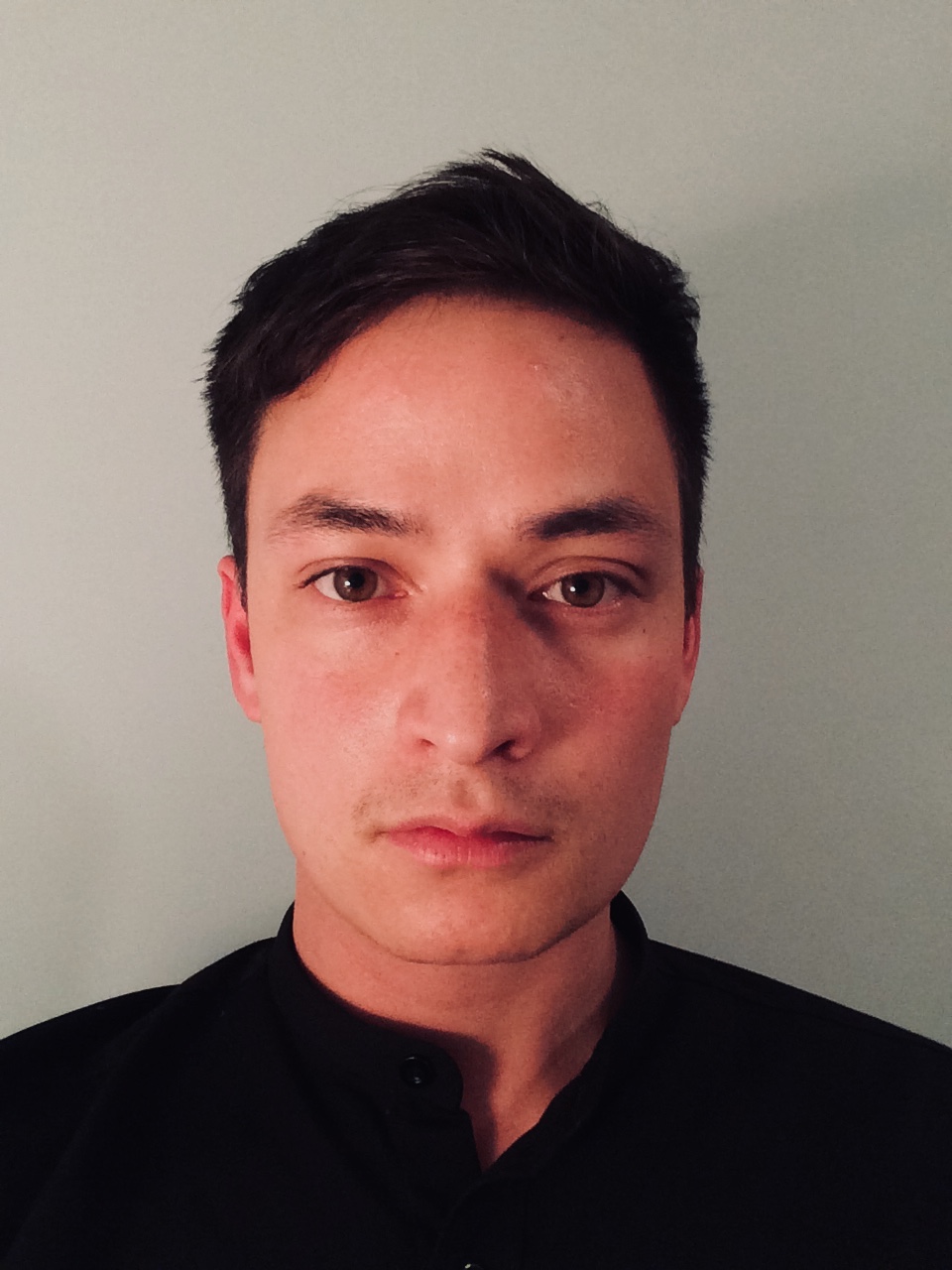
Based on long term ethnographic fieldwork and archival research into multiple dimensions of the US "shale renaissance"—including petroleum geology, oilfield work, energy finance, oil economics, environmental politics, and corporate forecasting—his work analyzes the massively-distributed project to realize a new form of hydrocarbon energy in the North American subsoil, and further, to extend the new extractive regime across the globe. The resulting manuscript builds on this empirical research and on traditions of political anthropology, the anthropology of capitalism, and science and technology studies to re-conceptualize "geopolitics" in view of contemporary economic and environmental volatility. With CISSR support, Cameron will examine prospective shale energy extraction in Indonesia.
Biography:
Cameron Hu is a doctoral candidate in anthropology at the University of Chicago. His research explores the political-economic and techno-scientific logics that shape the global frontier in "unconventional" oil extraction.

Biography:
Carol Iglesias Otero is a PhD candidate in Anthropology at the University of Chicago. Carol is carrying out ethnographic research on Mexico’s oil industry, where she examines how meteorologists, logistics and risks experts reproduce industrial rhythms in the midst of socioeconomic and environmental transformations. She has also participated in a research initiative which seeks to visualize the financial structures of ICE’s carceral infrastructure in central Florida, a project for which she collaborated with a coalition of immigration activists. Carol holds an M.A. in Research Architecture from Goldsmiths, University of London, and a B.A. in Comparative Literature from Reed College. Her academic work has been featured in Platypus, the CASTAC Blog and her creative work has been shown at the Lisbon Architecture Trienal in the Museu Nacional de Arte Contemporanea do Chiado and at the Centre for Forensic Architecture in London.
Project Title: Oil out of Joint: Handling Time, Work, and Weather in Mexico’s Sureste Petrolero
Abstract:
The oil industry on Mexico’s southeastern coast has developed atop a turbulent ecology: the Tabasco plains contain thirty percent of Mexico’s surface waters, its shoreline is undergoing severe erosion, while its ports and offshore platforms are exposed to hazardous weather year-round. Oil extraction depends on the constant flux of workers, petroleum, and provisions across a volatile ecology, a flux that requires monitoring weather and sea conditions and their impacts on the maintenance of this industrial timescape. My project explores how workers in Mexico’s oil industry struggle to coordinate ecological, infrastructural, and labor rhythms in the face of financial pressure to maintain a steady pace of production. I pay attention to the everyday work practices of three occupational groups: 1) platforms workers tasked with maintaining an uninterrupted, steady rhythm of oil extraction; 2) logistics workers and meteorologists managing mid-level temporal scales in Pemex’s logistics center; and 3) scientists involved in long-term modelling at Mexico’s Petroleum Institute. How do workers perceive the relation between their work, the ecological space in which it develops, and the financial embroilments of Pemex? Through what concepts, affects, and “temporal dispositions” do workers make sense of Pemex’s and their own exposure to accidents, losses, and interruptions?